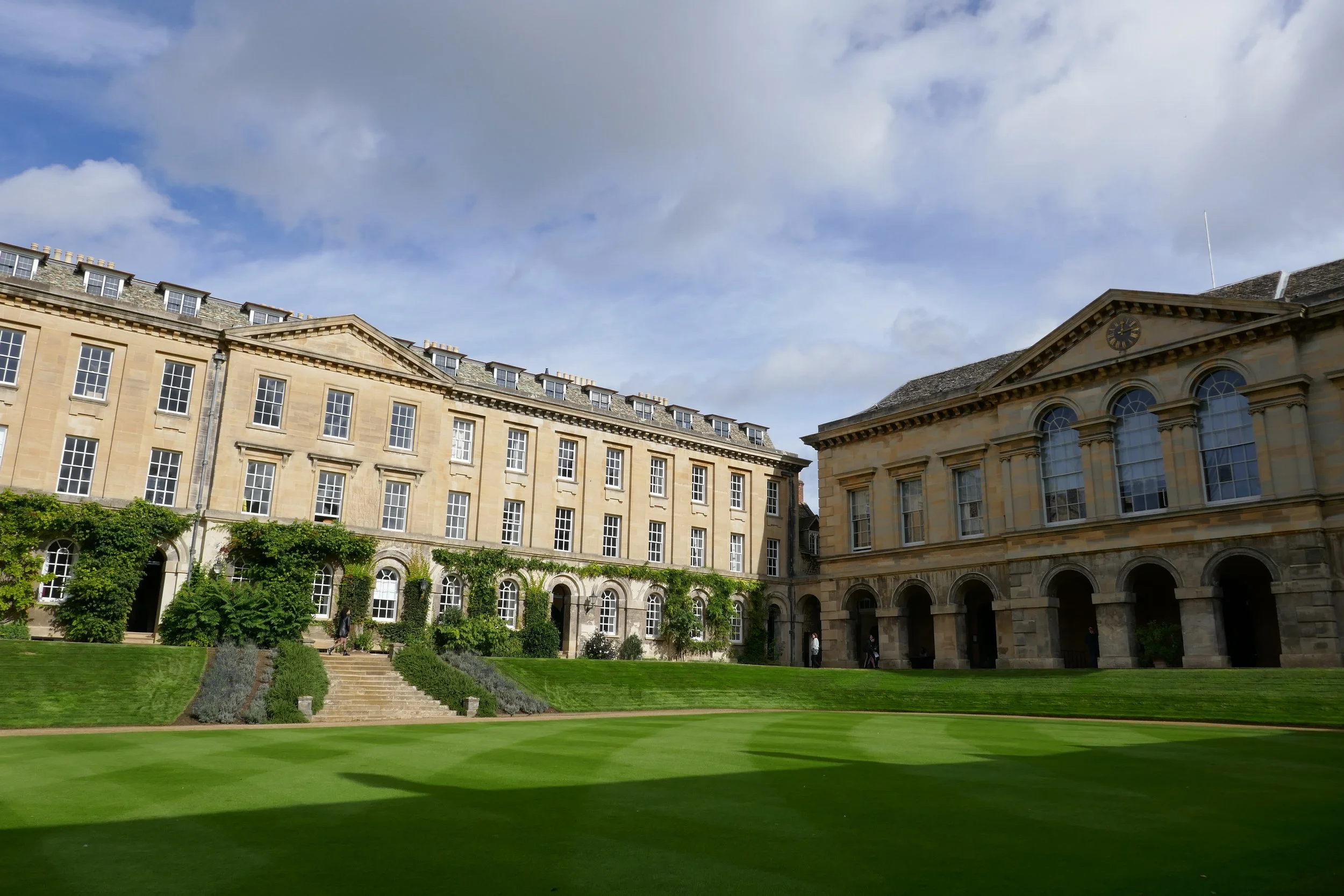
My overall teaching approach seeks to achieve the following vision: preparing emerging conservation leaders with knowledge and skills to work across sectors and disciplines to implement diverse, culturally-sensitive, and practical solutions addressing major ocean challenges. It is important to me to ensure students are learning through engagement with perspectives that accurately reflect the diversity within ecological science today.
Postgraduate Teaching
-
Seascape Ecology and Conservation
This MSc elective introduces the history, theoretical underpinnings, and contemporary views in seascape ecology and conservation. The seascape ecology curriculum explores the recent theoretical and technological advances that have been made in quantifying and mapping dynamic, biophysical aspects of marine ecosystems. In addition, the elective considers how seascape ecology can incorporate diverse human cultural patterns and processes as critical components within the social-ecological system, with an emphasis on valuing multiple perspectives within marine ecology and conservation.
-
Global Change – Coral Reefs in the Anthropocene
This MSc lecture explores the challenges the ocean biosphere faces in the Anthropocene, with a focus on coral reef ecosystems. The lecture concludes by focusing on ocean bright spots and a range of solutions that are being explored to protect and restore coral reefs. However, several of the topics are fraught with disagreement between and within groups of coral reef scientists, managers, and stakeholder groups. The group session is then centered around an informal debate on three widely disputed topics: Restoration, Science-Based Solutions, and Local vs. Global Actions.
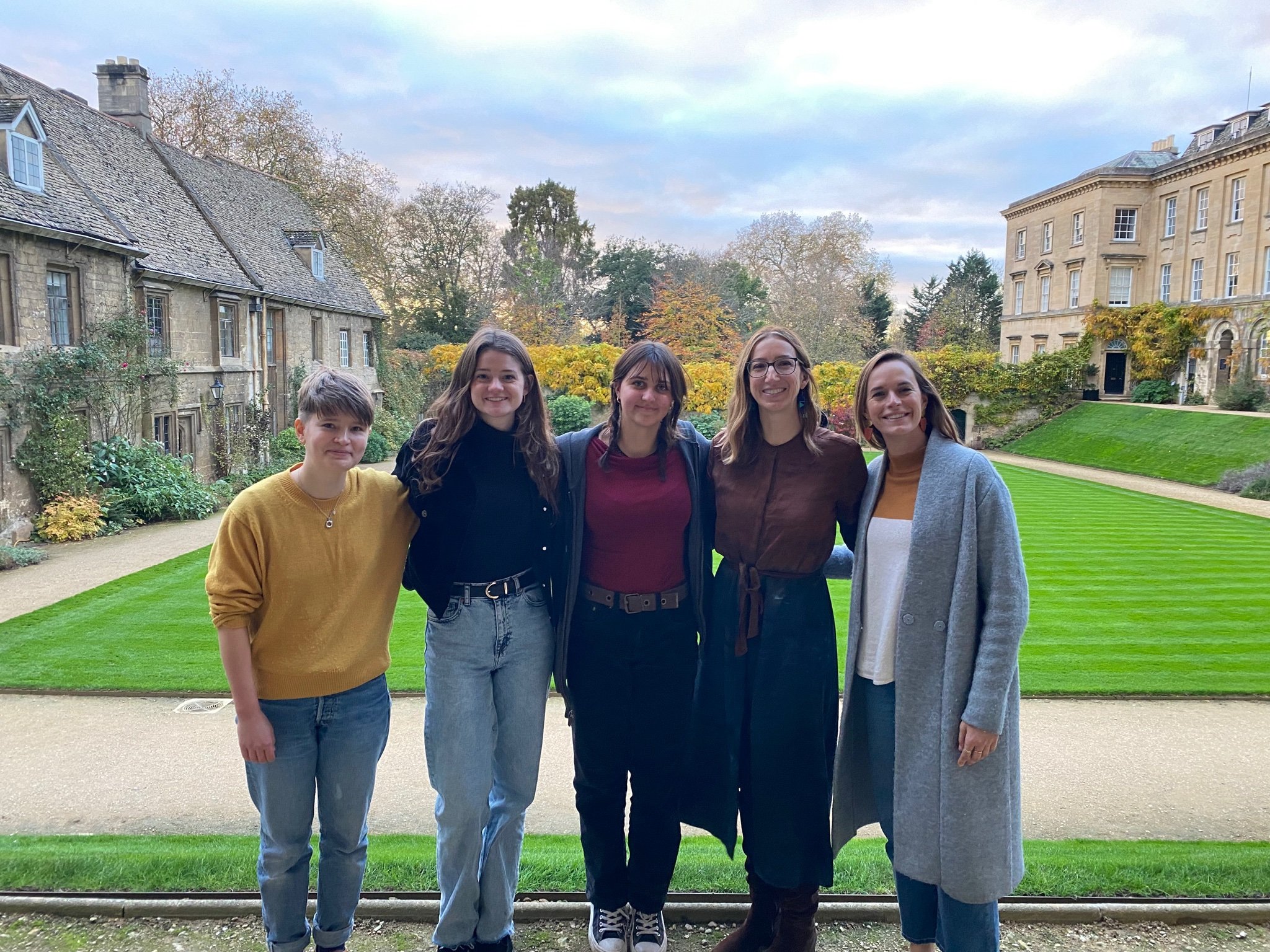
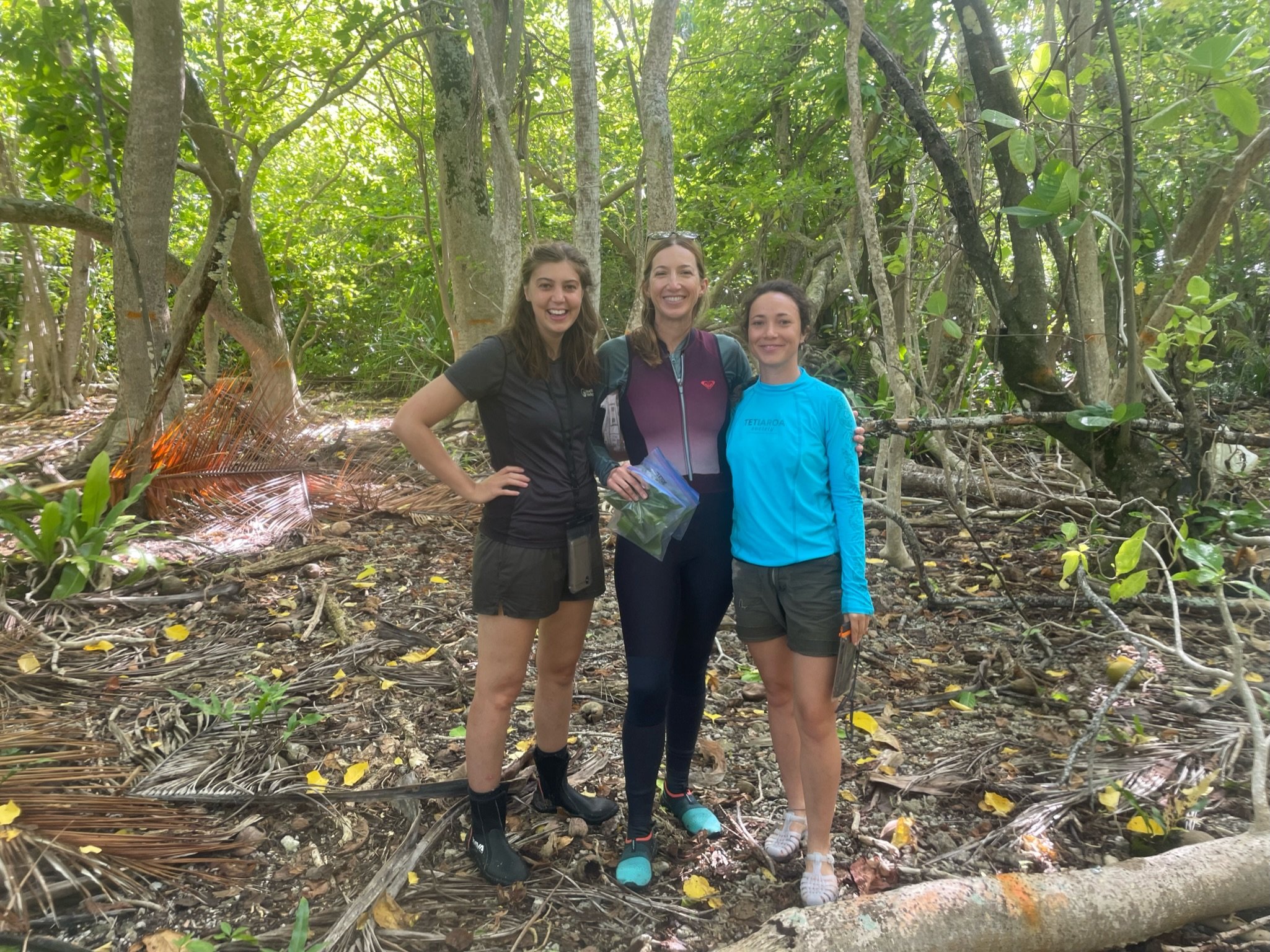
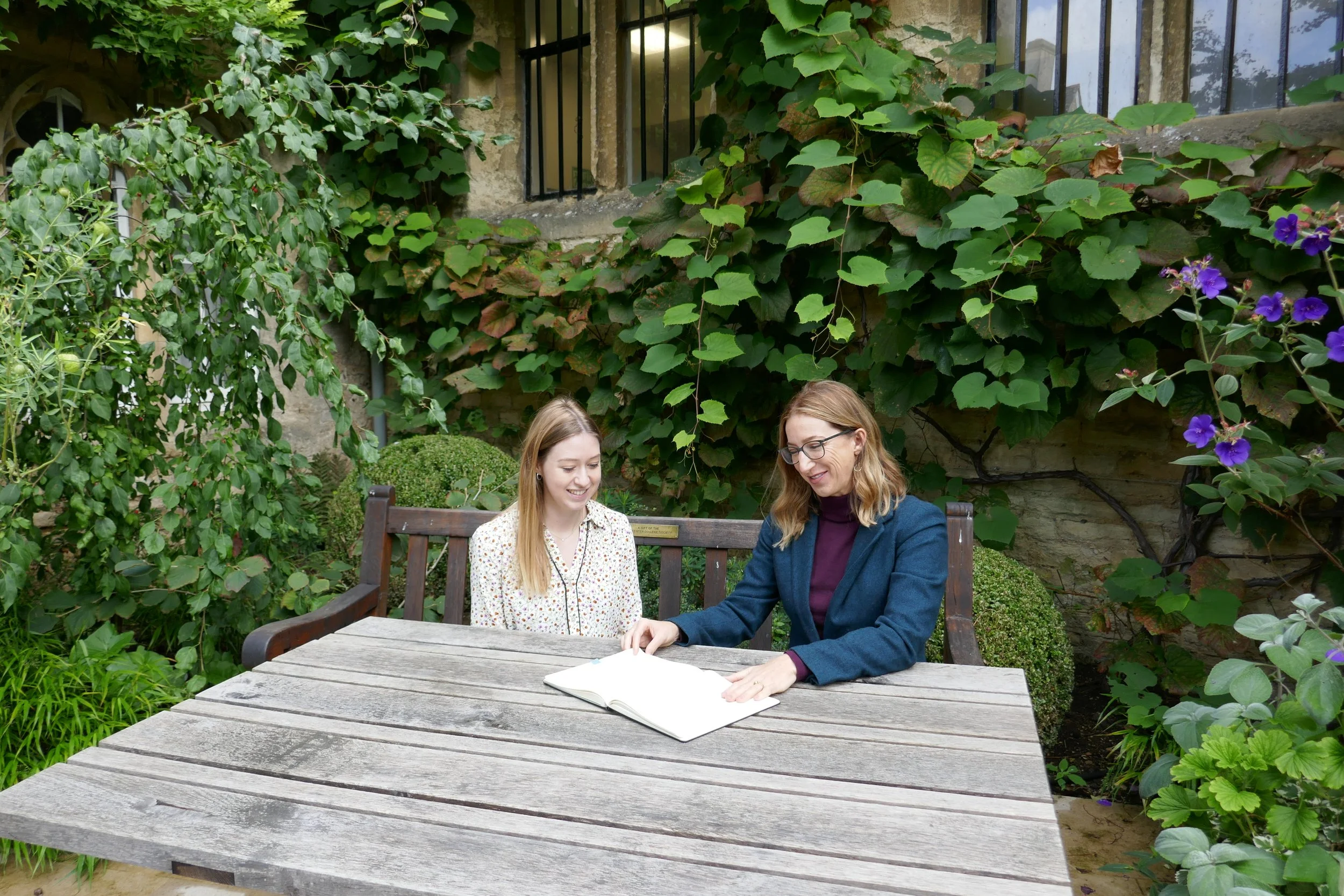
Undergraduate Teaching
-
Geographic Data Science
This option develops an understanding of the theoretical and applied aspects of the quickly evolving field of geographic data science, which utilizes Big Data, computing, spatial analysis and a range of modelling techniques to answer targeted geographic research questions. Theoretical lectures and applied lab sessions focused on building competence in open-source programming (R), spatial analysis software (GIS) applied to the analysis of human and environmental problems.
-
Ecology Theory and Field Training
Annual physical geography field work courses for first year students have been taught across coastal dune and forest ecosystems (Dorset and Wytham Woods). The field course content has focused on ecological field sampling and subsequent analytical techniques for analyzing ecological data sets. Marine ecology lectures provide the foundational theory and consider management implications in both the undergraduate Earth System Processes and Environmental Geography courses.
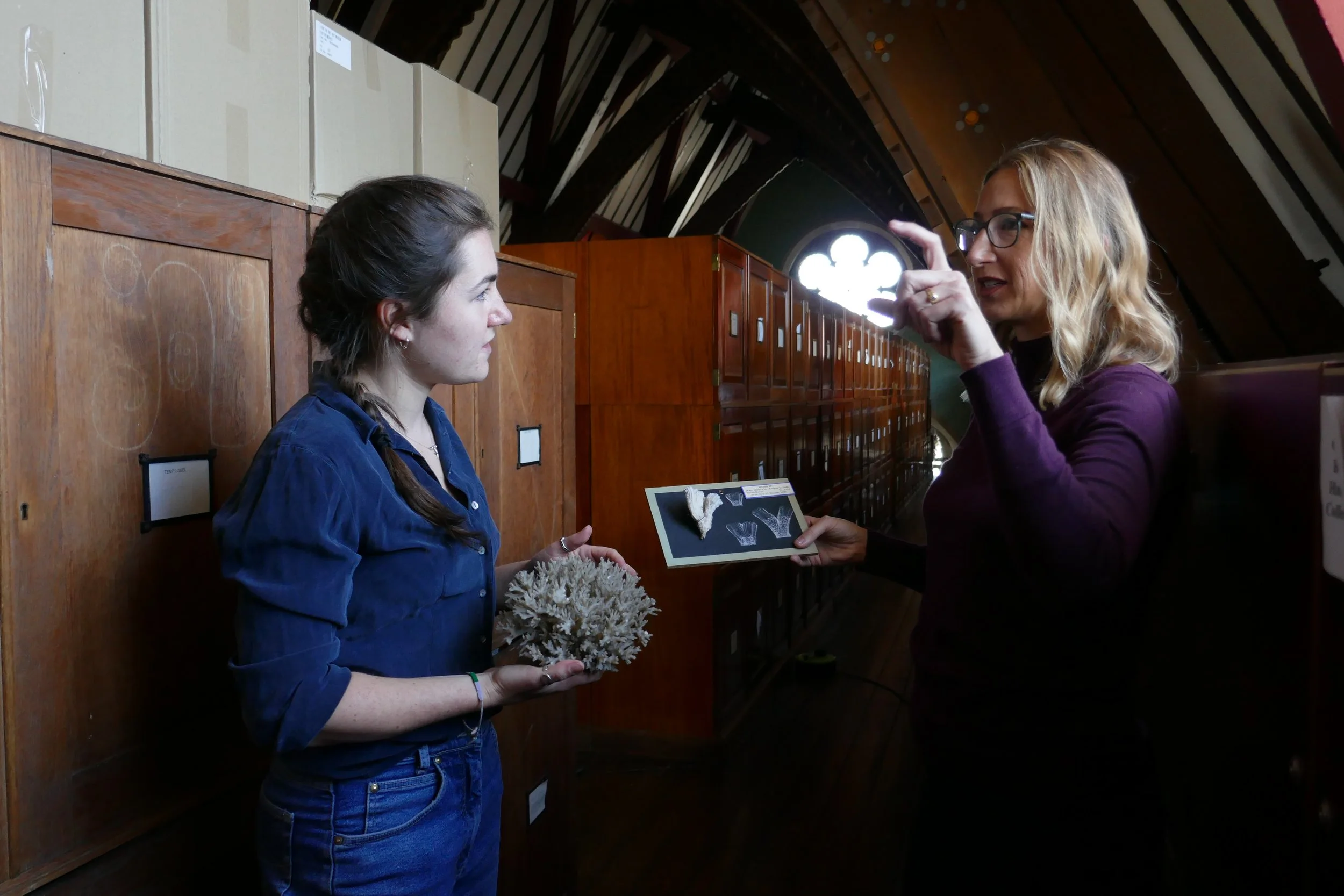
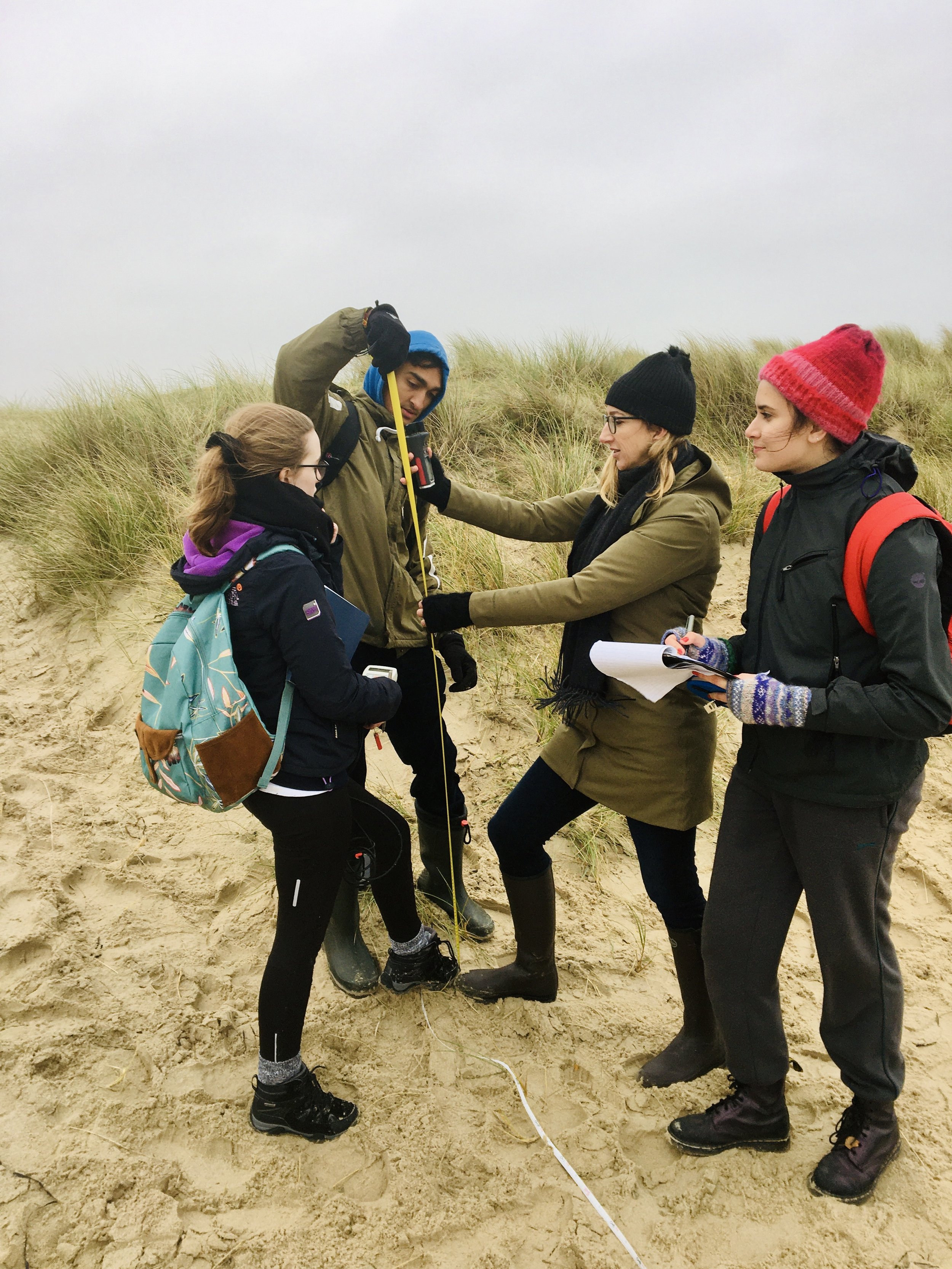

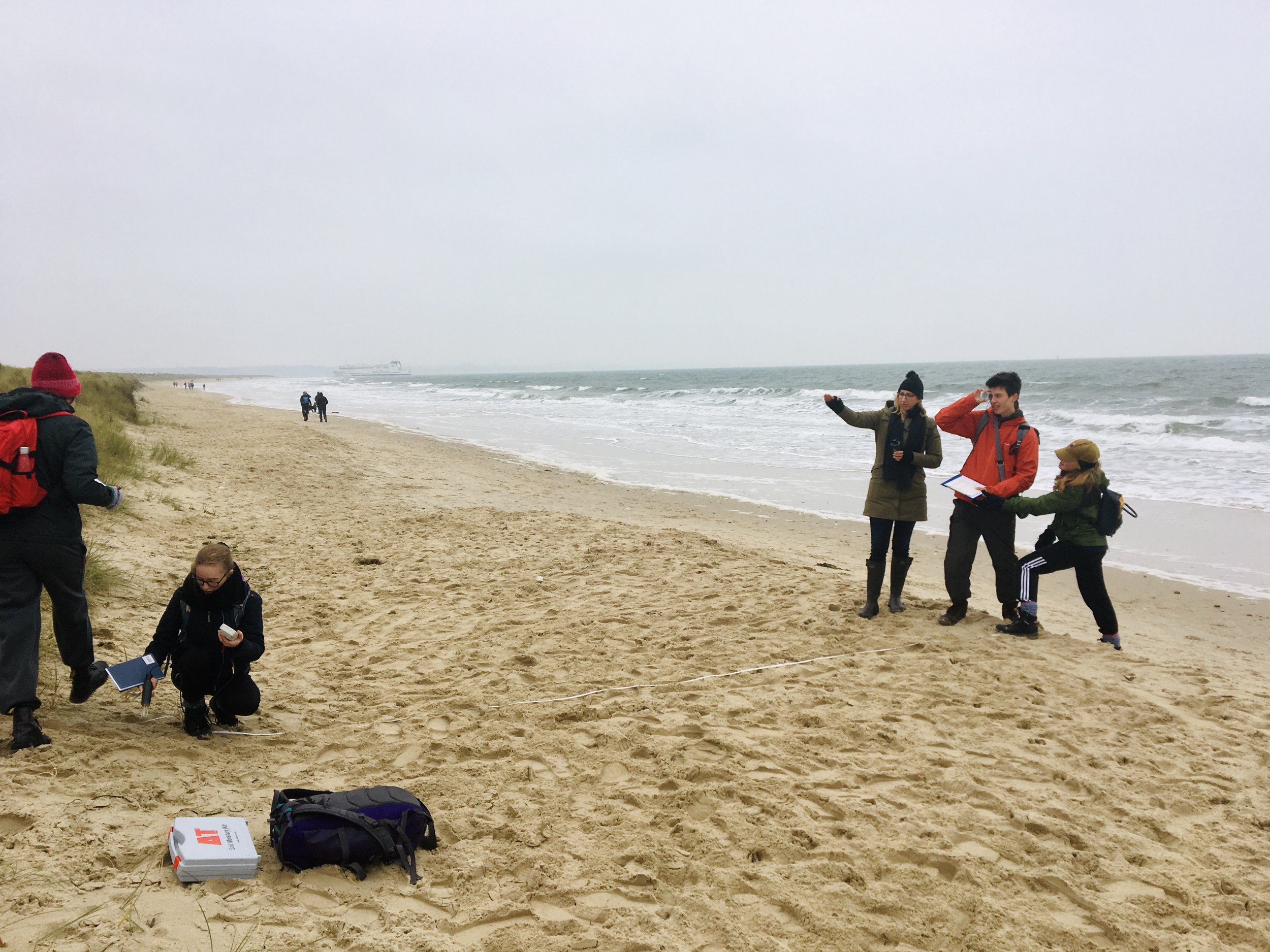
Graduate Research Students
Betina Frinault (DPhil) Antarctic Continental Shelf Benthos under Changing Marine Icescapes – Structure, Function and Behaviour
Pirta Palola (DPhil) (Alan Turing Institute Fellowship Awarded) Towards integrated land-sea management: mapping and modelling ecological connectivity in tropical coastal environments
Courtney Stuart (DPhil) Mapping and Modeling Land-Sea Nutrient Feedbacks to Enhance Island Ecosystem Resilience
Isla Turcke (MSc) Species distribution and connectivity modeling of reef fishes to inform coral restoration design. (University of Alberta, co-supervised with Dr Stephanie Green)
Joseph Boyle (MSc) Social-ecological mapping of Sanday's seagrass meadows
Emily Peterson (MSc, 2022) (Distinction & Alfred Russell Wallace Prize) Assessing seascape connectivity in Tetiaroa, French Polynesia
Courtney Stuart (MSc, 2022) (Graduate Excellence Scholarship Awarded) Assessing seascape-wide ecological connectivity in support of conservation & restoration efforts in the Florida Keys. (University of Alberta, co-supervised with Dr Stephanie Green)
Aadil Siddiqi (MSc, 2021) Marine Megafauna in the Anthropocene: White Whales and Moving Targets
Arzucan Askin (MSc, 2021) A Hybridized Social-Ecological Assessment of Whale Shark Tourism in the South Ari Atoll MPA, Maldives
Pirta Palola (MSc, 2021) (Distinction) Assessing marine ecosystem services: value-pluralism and non-additive effects of multiple interacting stressors
Undergraduate Students
Juliette Shorey (2022-2023) Habitat Suitability Mapping for three Vulnerable Species of Coastal Rays in the Arabian Gulf
Maryam Binti Mohd Hafiz (2020-2021) Oxford Zoology (Distinction) Incorporating Traditional Ecological Knowledge into Marine Biocultural Restoration in The Pacific Islands
Alfie Smith (2021-2022) Selling Seychelles for the Seashore: the transition to the Blue Economy in the Republic of Seychelles
Ben Yuen (2021-2022) (Distinction) Habitat suitability modelling to identify optimal sites for Acroporid coral restoration in St Croix, U.S. Virgin Islands
Katie Long (2021-2022) (Distinction) Evaluating mass coral bleaching events in Hawai’i using remotely sensed and field-based measure
Emily Thwaites (2019-2020) (Distinction) A seascape analysis to inform site selection of coral reef restoration sites in the Florida Reef Tract
Sophie Taylor (2019-2020) The use of Benthic Foraminifera as Bioindicators for Heavy Metal Pollution in Coastal Environments
Rosalie Wright (2019-2020) Oxford Zoology (Distinction) Expanding Palau’s domestic pelagic fisheries: Case studies from the Pacific Islands